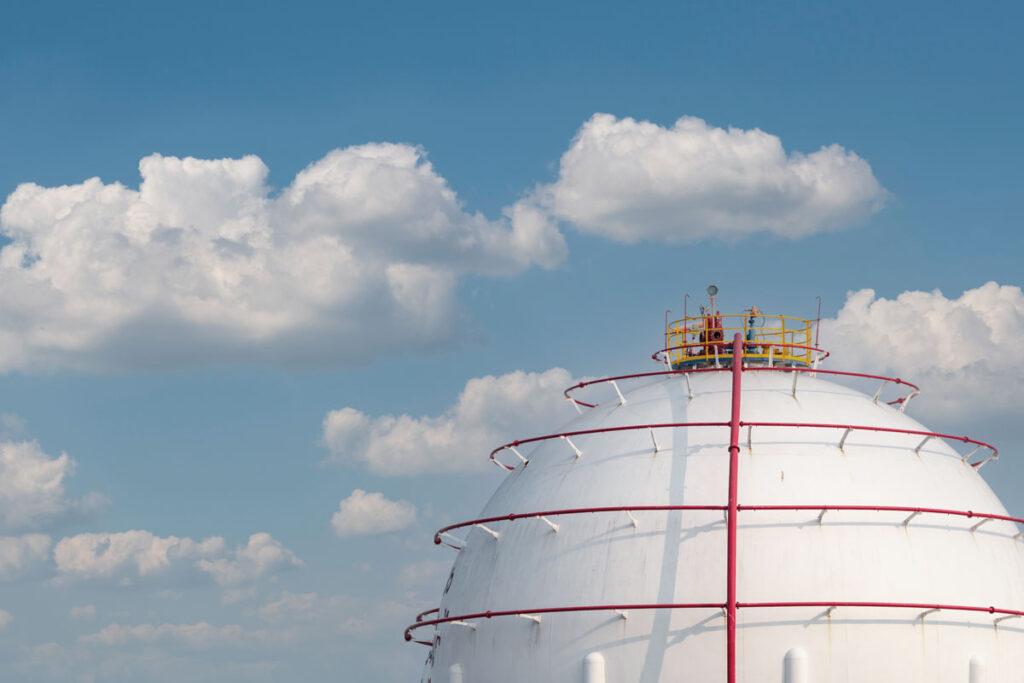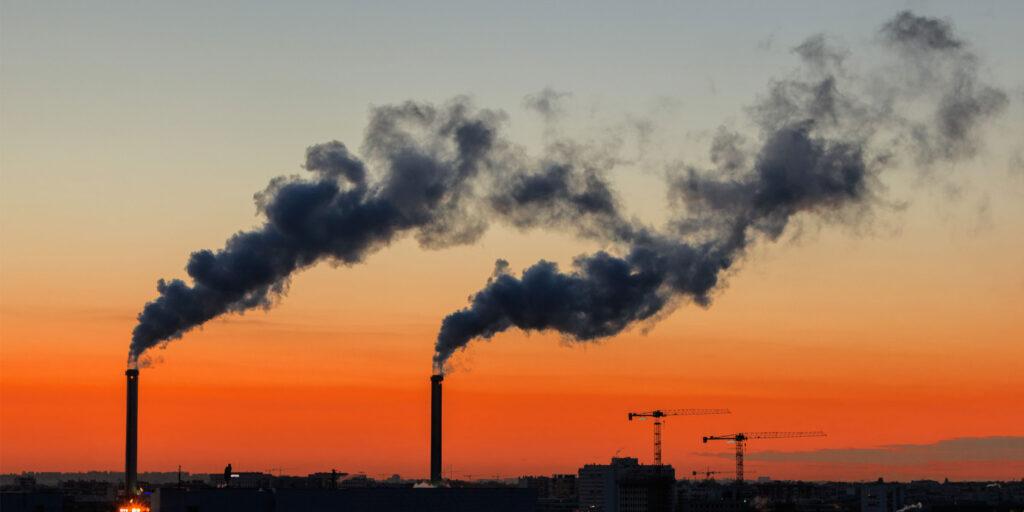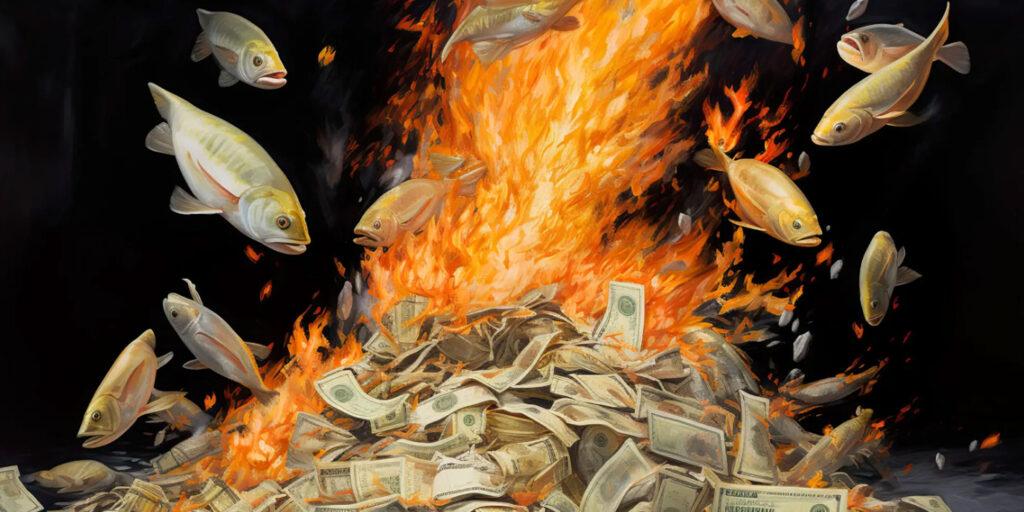It’s an uncomfortable comparison.
One country has just hosted the world’s biggest sporting event, a tournament it has spent 12 years and an eye-watering $200 billion preparing for.
The other is left watching from afar, having used $45 million of public to bid for the same tournament, only to get one measly vote.
One is the world’s largest supplier of liquified natural gas or LNG, which thanks to the war in Ukraine, has brought in over $100 billion in revenue this year and earns it a cool $26 billion in royalties every year. Along with hosting World Cups, this loot provides lavish welfare benefits, free or discounted power and utilities and various other perks that makes its people, GDP per-capita, the richest people in the world.
The other is also a huge exporter of LNG, with sales expected to hit a record $90b in 2022. While the peak industry body claims tax and royalty contributions will total almost $14b in 2022/23, up $9b from the previous year, most of this huge windfall will go to multinational fossil fuel companies like Chevron, Exxon-Mobil and Shell. These companies sell the majority of the gas overseas, often at lower prices than they charge for the remainder they sell domestically and which makes power bills in this country among of the highest in the world. And when this country’s government steps in to protect consumers from further price hikes, the gas companies and threaten to pull supply and launch a massive advertising campaign against it.
The two countries are of course, Qatar and Australia.
Despite their many differences, both bid for the right to host the 2022 FIFA World Cup and both are LNG export superpowers, but whether it’s working the corridors of power at FIFA or extracting the most benefit from their natural resources, Qatar seem to do things better.
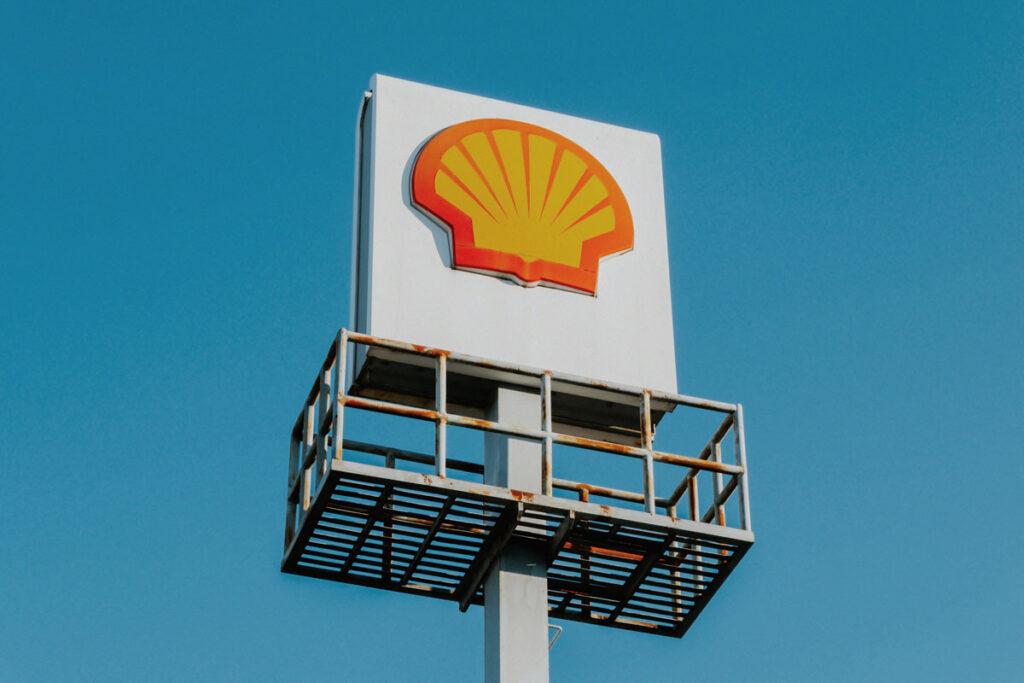
When asked if Australia is being short-changed, energy analyst, Bruce Robertson, is emphatic:
“Yes”.
An LNG analyst with Institute for Energy Economics and Financial Analysis, Robertson says Australia is not getting enough value out of LNG exports because of the companies that extract and export it.
“We’re not, quite simply, we’re not. And it’s a pathetic amount of royalties and tax that we do collect and it’s pathetic Chevron paid $30 (in tax) last year. I mean my 23 year old daughter who works in disability care paid multiples of that in tax last year. I mean, seriously.”
Robertson is one of many who believe Chevron, Shell and Woodside and other major gas companies act as a cartel, using their power and influence to gouge customers, avoid tax and influence governments.
That influence has been on display in recent weeks as the Albanese Government has sought ways to shield customers from an estimated 50% rise in power prices in 2023. Unlike the UK Government which imposed a windfall tax on oil gas companies and used the proceeds to provide relief to British households, the power of Australia’s gas cartel and the threat of a campaign like that the one waged against the Rudd Government’s Mining Tax in 2010, meant that was never an option here.
Instead, the Albanese Government opted to impose a of $12 a gigajoule price cap on gas, as part of its Energy Relief Bill which has just passed Federal Parliament.
Even this policy has sparked the ire of the gas cartel, with one CEO labelling it ‘Soviet style nationalisation’ that would turn Australia into Venezuela, while an industry analyst likened it to a ‘declaration of war’. Earlier this week one of the major gas producers, Shell, said it would pull out of a deal to supply the Australian east coast if the policy wasn’t changed.
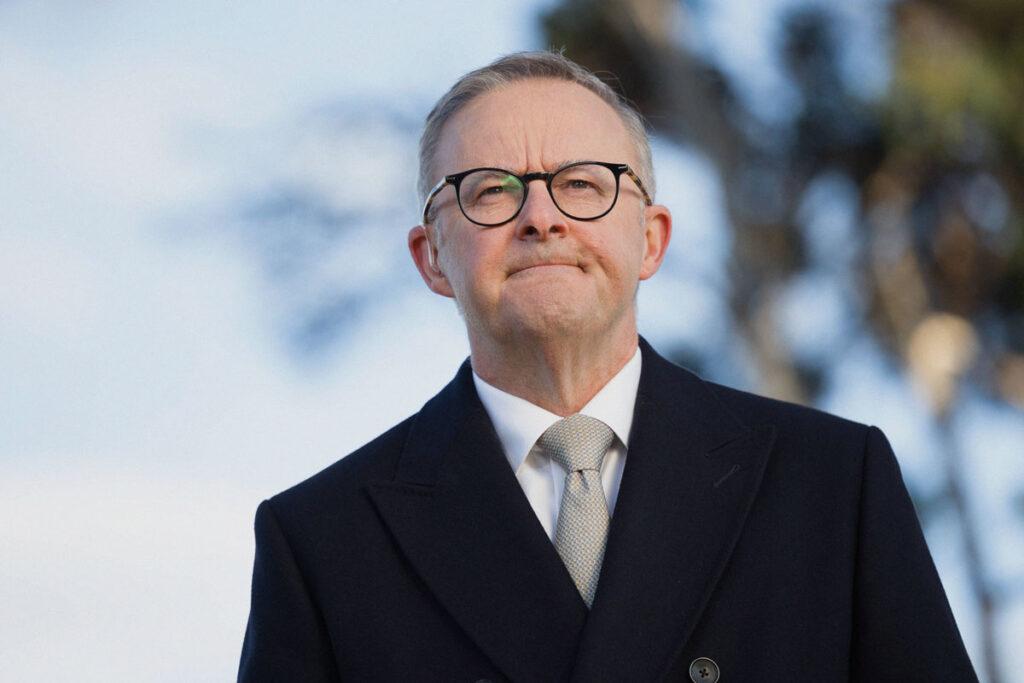
Bruce Robertson says this response demonstrates the gas cartel’s power and greed.
“They make super profits at $12 a gigajoule, not profits, super profits.”
Robertson says a study he conducted of East Coast gas fields shows a price cap of $7 per-gigajoule would not only deliver bigger savings for consumers, but would still allow gas companies to make profits more than 50% above operating costs, pointing out that less than a third of their revenue comes from the Australian market anyway.
“$7 is an awfully long way from $12, it is over 70% more. So what in effect the government is doing is guaranteeing the gas cartel super profits. It’s not guaranteeing profitability, it’s guaranteeing super profits.”
Along with the price cap, the Energy Relief Bill also includes $1.5 billion in public money to compensate low-income households. However, both measures are only for 12 months, and Robertson believes their effect on prices will be marginal.
Adjunct Senior Research Fellow at the Monash Business School, Diane Kraal, says the real solution is fix the way oil and gas companies are taxed in Australia.
“My primary concern that petroleum which is oil and gas is not being taxed appropriately. And if it were, we’d be able to provide certainly more than 1.5 billion to help people over this energy crisis in terms of prices.”
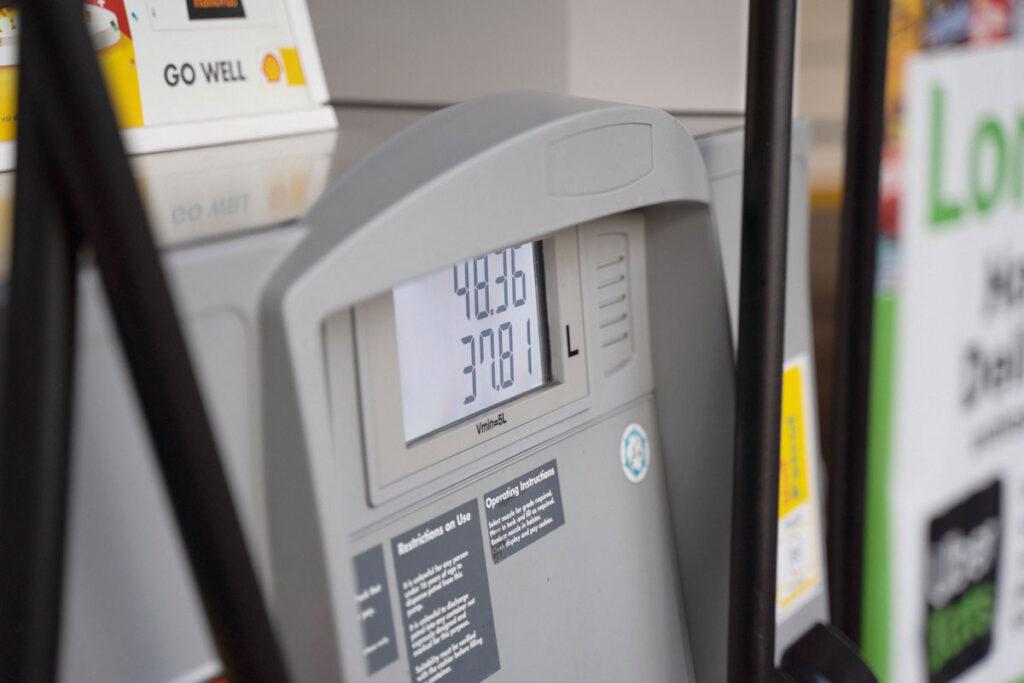
The Petroleum Resource Rent Tax or PPRT, has been main the way oil gas companies have paid for the resources they extract and export, since it was established by the Hawke Government in the 1980’s. Critics like Diane Kraal argue it is too easily bypassed and doesn’t collect enough revenue.
“If you look at the October budget, the forecasts are still for a very low tax take for the PRRT it’s around about $1.2 billion in the in the next financial year. And if you look at the year after in the budget, the figures don’t vary much more.”
For comparison, Australian LNG exports just for the month of October, fetched a record $10.6 billion.
Kraal isn’t alone in believing the PRRT badly needs reform. The Callaghan Report into the tax, commissioned by the previous Federal Government, recommended two stages of reforms, the first of which has already been implemented. However, it’s the second stage of , particularly changes to the gas transfer price that determines how much tax the Commonwealth is owed, that could lead to a significant rise in revenue.
These reforms are still yet to be adopted, something Jason Ward, principal analyst at the Centre for International Corporate Tax Accountability and Research, says isn’t a coincidence.
“The biggest change needed was kicked down the road to a Treasury consultation where it has been stuck for years… The current govt has made some noise about changes, but no action. What needs to be fixed is the gas transfer pricing mechanism in the PRRT. According to Treasury’s own analysis a simple regulatory change would give a $90 Billion increase in revenue.”
He says the Federal Government must stare down opposition and put the changes in place.
“The new government needs to follow through with simple and common-sense reforms to ensure our natural resources are providing revenues to fund essential public services. There is $90 billion in revenue on the table; it is a no-brainer to take action now.”
Bruce Robertson believes the PPRT should scrapped altogether and replaced with a simple royalty paid per gigajoule, arguing profit-based taxes are hard to impose and easy to avoid.
Whatever the approach, opposition from the gas cartel will make it harder than Australia winning the right to host the World Cup.
